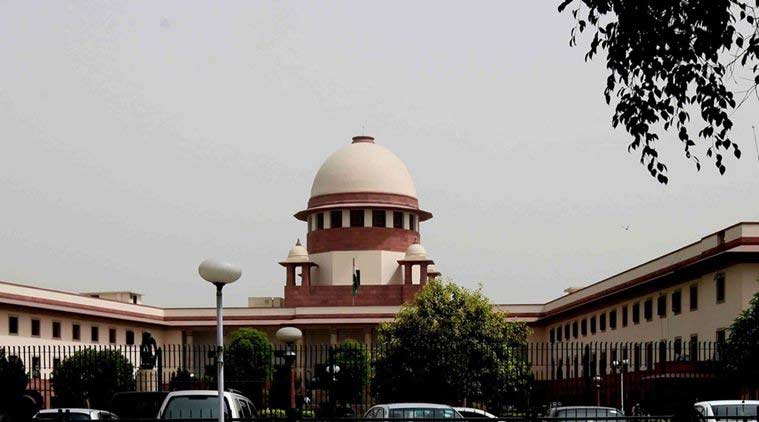Stay updated with the latest - Click here to follow us on Instagram
Definition of minorities: Supreme Court asks NCM to take decision on matter preferably in 3 months
The direction came from a bench of Chief Justice of India Ranjan Gogoi and Justice Sanjiv Khanna while considering a plea by Delhi BJP leader and Advocate Ashwini Kumar Upadhyay.
 The direction came from a bench of Chief Justice of India Ranjan Gogoi and Justice Sanjiv Khanna while considering a plea by Delhi BJP leader and Advocate Ashwini Kumar Upadhyay. (File photo)
The direction came from a bench of Chief Justice of India Ranjan Gogoi and Justice Sanjiv Khanna while considering a plea by Delhi BJP leader and Advocate Ashwini Kumar Upadhyay. (File photo)
The Supreme Court on Monday asked the National Minorities Commission to take a decision on a representation seeking that it define who is a minority and lay down guidelines on identifying minorities at the state-level “preferably within…three months”.
The direction came from a bench of Chief Justice of India Ranjan Gogoi and Justice Sanjiv Khanna while considering a plea by Delhi BJP leader and Advocate Ashwini Kumar Upadhyay.
“Instead of entertaining the present writ petition, we are of the view that at this stage the National Commission for Minorities should be asked to consider the representation dated 17th November, 2017 filed by the petitioner…and pass appropriate orders thereon. The Court would expect the National Commission for Minorities to take decision in the matter as early as possible, preferably within a period of three months from today,” the bench said in its order.
Upadhyay approached the apex court in 2017 against the notification issued by the Centre on October 23, 1993, under Section 2(c) of the National Commission for Minorities Act, 1992. Under this, the government notified Muslim, Christian, Sikh, Buddhist and Parsi as “minority”, he said, contending this was done without defining who is “minority” or framing guidelines for identification of minority.
He contended Muslims were “actually majority in Lakshdweep and Jammu & Kashmir” and there was “significant population in Assam, West Bengal, Kerala, Uttar Pradesh, and Bihar”.
“…The communities, which are real minorities, are not getting their legitimate share because of non-identification of minorities at State level, thereby jeopardizing their fundamental rights,” he contended, adding that “this clearly reflects arbitrariness and illegality” in Section 2(c) and the notification.







